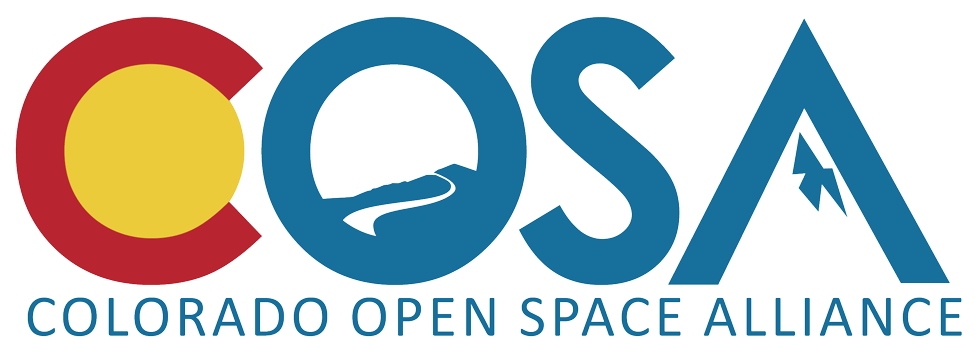Since this was a hot topic this year…
From: U.S. Environmental Protection Agency <usaepa@service.govdelivery.com>
Subject: Approaches to Reduce Nutrient Loadings for Harmful Algal Blooms (HABs) Management Request for Applications (RFA)

Approaches to Reduce Nutrient Loadings for Harmful Algal Blooms (HABs) Management Request for Applications (RFA) URL: Approaches to Reduce Nutrient Loadings for Harmful Algal Blooms Management Open Date: October 25, 2019 Background: The U.S. Environmental Protection Agency (EPA), as part of its Science to Achieve Results (STAR) program announces the release of the Approaches to Reduce Nutrient Loadings for Harmful Algal Blooms Management Request for Applications (RFA). Harmful Algal Blooms (HABs) are a growing concern in the United States. Impacts from HABs include losses in income from recreation and tourism, animal and human illness from exposure to contaminated water or seafood, and expenses related to monitoring, treatment, and control of HABs. In order to prevent and control the occurrence of HABs, new research is needed in a variety of areas to reduce both point and non-point source excess nutrient loading to U.S. waters. EPA is seeking research on nutrient treatment technologies, best management practices, and agricultural conservation practice systems to reduce excess nutrient loadings and thereby prevent and control HABs. EPA aims to promote scientific progress towards preventing and controlling harmful algal blooms by seeking applications proposing research to:
The STAR Program’s goal is to stimulate and support scientific and engineering research that advances EPA’s mission to protect human health and the environment. It is a competitive, peer-reviewed, extramural research program that provides access to the nation’s best scientists and engineers in academic and other nonprofit research institutions. STAR funds research on the environmental and public health effects of air quality, environmental changes, water quality and quantity, hazardous waste, toxic substances, and pesticides. For information on eligibility, project specifications, or how to apply, go to Approaches to Reduce Nutrient Loadings for Harmful Algal Blooms Management The Science to Achieve Results Approaches to Reduce Nutrient Loadings for Harmful Algal Blooms (HABs) Management is a part of EPA’s Safe and Sustainable Water Resources (SSWR) Research Program. |

